A group of armed fighters from the Allied Democratic Forces stormed a Catholic church in Komanda during the pre-dawn hours of Sunday July 27 2025 which turned the church sanctuary into an area of horrific violence. The terrorist attack began at 1 a.m. as worshipers in the night mass and vigil inside the church faced danger from the Ituri province conflicts and stayed overnight to seek protection from the violence.
The Attack
The assault was methodical and brutal. The ADF rebels carried out their attack inside and outside the sacred walls and compound of the church using machetes and firearms to cut down their victims. The attackers committed atrocities against people with machetes and bullets while they later set nearby houses and local businesses ablaze. The attack resulted in people being burned alive until rescue teams found their charred bodies at the site of destruction.
Dieudonne Duranthabo who leads a local civil society group described the aftermath of the tragedy as follows: "More than 21 individuals were shot dead both inside and outside the church, and we have recorded at least three burned bodies along with several homes set on fire. The search for more victims is ongoing." According to him, the violence proved to be an organized, planned attack, as the assailants knew that the people in the church would be defenseless.
The ongoing recovery operations make it difficult to determine the exact number of fatalities. The official death toll reported by local leaders and civil society representatives indicates between 34 to 38 fatalities but investigators believe the victim count could increase with ongoing search operations in the affected area. At least 15 people were wounded in the attack, while others remain missing, their fates unknown. The tragedy worsened because local youths became hostages during the attack when the retreating rebels vanished into the forest without any updates about their status.
Human rights activist Christophe Munyanderu described the rebel attack as "The rebels mainly attacked Christians who were spending the night in the Catholic church. Unfortunately, these people were killed with machetes or bullets." The deliberate assault on religious followers by ADF forces demonstrates sectarian motivations; they have consistently attacked Christian communities during their eastern Congo terror campaign.
The Allied Democratic Forces
The Allied Democratic Forces operate as one of the deadliest threats to civilian lives throughout eastern Democratic Republic of Congo. The group started in Uganda during the late 1990s as a rebel organization that drew members from unhappy Muslim groups before the Ugandan military pushed them into Congolese territory. What started as a domestic insurgency transformed into an international terror organization with dangerous worldwide connections.
The ADF declared its allegiance to the Islamic State as its Central African affiliate during 2018. Through this relationship, the group received its ideological framework and training and gained recognition from the broader global jihadist movement. The group now specifically attacks Christian communities because they believe Christians are valid targets in their religious battle.
The people of Ituri and North Kivu provinces have grown accustomed to the ADF fighters' standard tactics of nighttime attacks on isolated communities as well as schools and churches and markets. The ADF launches their attacks during nighttime to strike isolated communities including schools and churches and markets. During their operations ADF fighters use machetes alongside bullets to terrorize survivors while showing no mercy in their violent attacks. The attackers employ arson to destroy homes and businesses for two reasons: they want to eliminate community infrastructure while spreading fear throughout surrounding areas.
Since the last decade the ADF has killed thousands of civilians while helping to create a large displacement crisis in eastern Congo. The operations of the group target society's most defenseless members such as women and children and elderly people so they create widespread fear in areas beyond their operations.
The ADF maintains its strength by operating in eastern Congo's dense forests which allow them to avoid military forces through challenging terrain. The ADF continues to carry out fatal attacks on civilians despite multiple attempts by Congolese military forces supported by UN peacekeepers and regional partners.
Humanitarian Crisis and International Response
The Komanda massacre has triggered an urgent humanitarian crisis which has overwhelmed local aid capabilities and demonstrated the enduring security issues affecting eastern Congo. The aftermath of the attack saw hundreds of displaced civilians move toward UN bases and church compounds in southern regions. The current displacement crisis worsens an already bad situation, as humanitarian groups estimate that 5,000 people have taken refuge since this week began.
The hospitals together with clinics throughout the area were overwhelmed by patients who suffered from gunshot wounds and machete injuries and burns as well as severe psychological trauma due to the ongoing violence. Emergency medical personnel faced a situation they described as a war zone, thus requiring emergency requests to medical centers in Bunia and Beni for medical supplies and mobile surgical units.
Local faith communities along with volunteers who endangered themselves took charge of body recovery and basic medical care for survivors in the first response. Local church volunteers and priests together with lay leaders functioned as first responders to treat injuries and manage burial procedures using minimal resources. The church compound needed to establish mass graves because of the many dead bodies which resulted in additional psychological distress for the community.
The international humanitarian sector has activated emergency responses despite encountering major obstacles during their operations. MONUSCO has strengthened its patrols while distributing emergency supplies including tents and food as well as medical equipment to the area. Médecins Sans Frontières together with the International Committee of the Red Cross and Caritas Congo operate emergency programs to treat the injured and deliver post-trauma assistance.
Humanitarian access remains restricted because of continuous security risks. Aid workers experience ongoing dangers from ADF operations which include robbery and attack incidents as well as fresh kidnappings that make complete aid delivery extremely challenging. The presence of landmines together with widespread fear in the area restricts humanitarian access to affected communities which hinders both assessment work and relief operations.
Survivors who witnessed the killings or lost family members will face long-term psychological challenges which go beyond their immediate medical requirements. Local NGOs along with faith groups have established trauma counseling programs but the limited number of trained mental health professionals results in inadequate psychological assistance for survivors.
Community leaders demonstrate increasing discontent because they see no security improvement despite the military and international observer presence. The general public expresses their dissatisfaction because Congolese forces and MONUSCO have failed to create reliable protection measures for civilians.
The attack has generated new demands for international support mechanisms along with increased financial support for humanitarian response efforts. Religious leaders together with civil society organizations urge MONUSCO to expand its protection efforts while demanding international help to establish safe humanitarian routes in crisis areas. Local NGOs push for a UN-led investigation into the massacre; they want both accountability and improved protection for religious sites that have historically functioned as places of refuge.



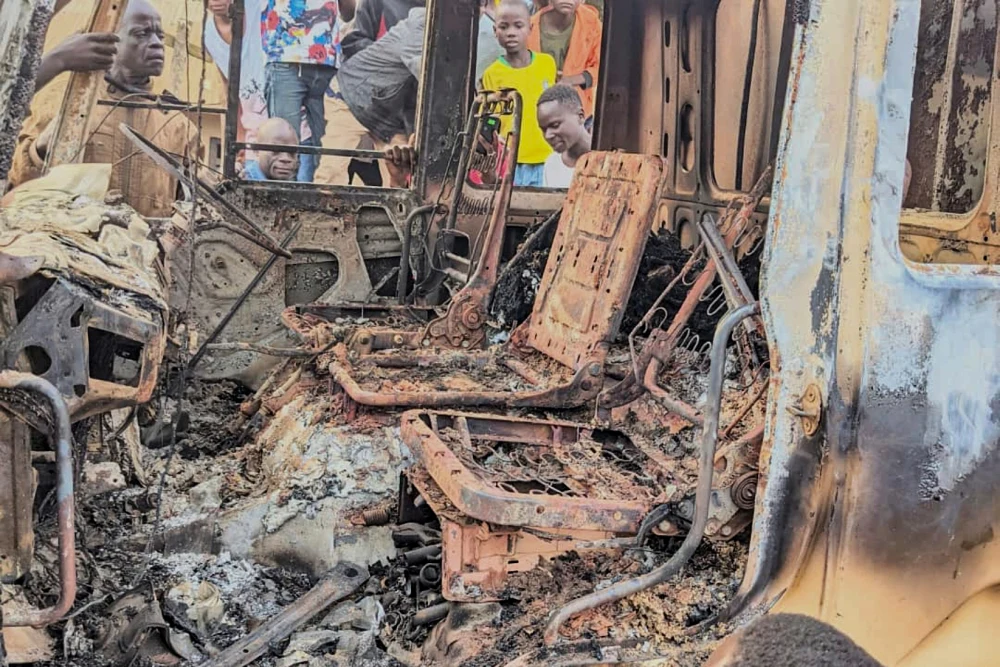
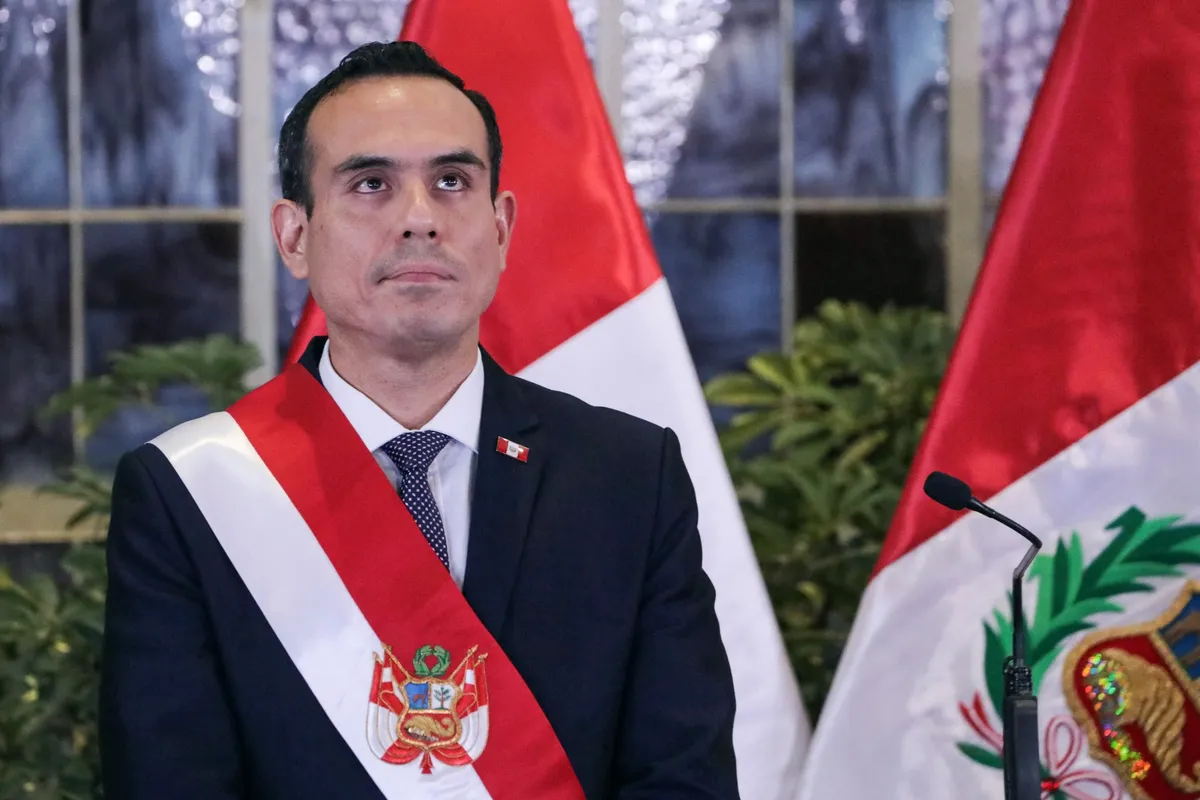

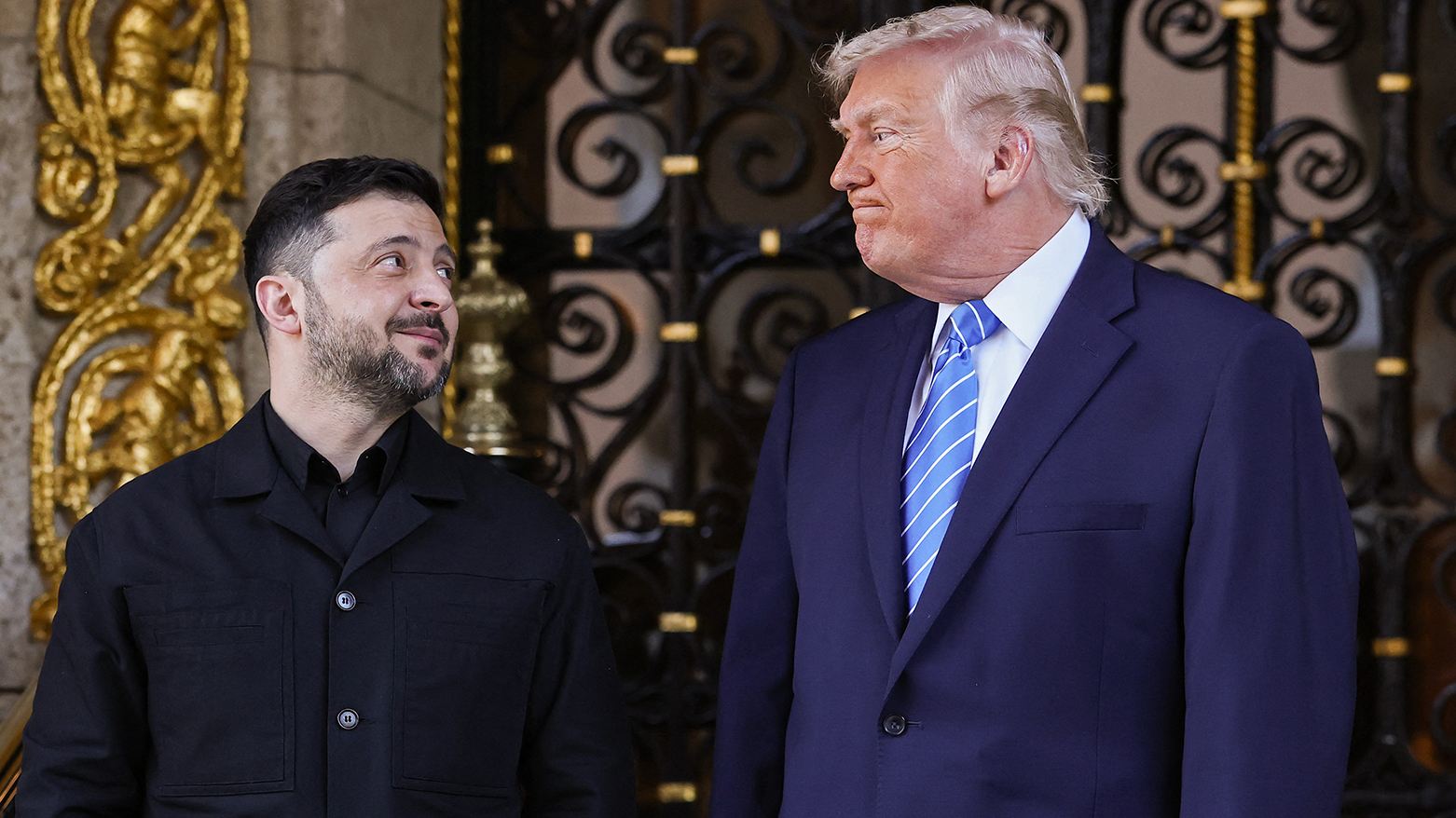
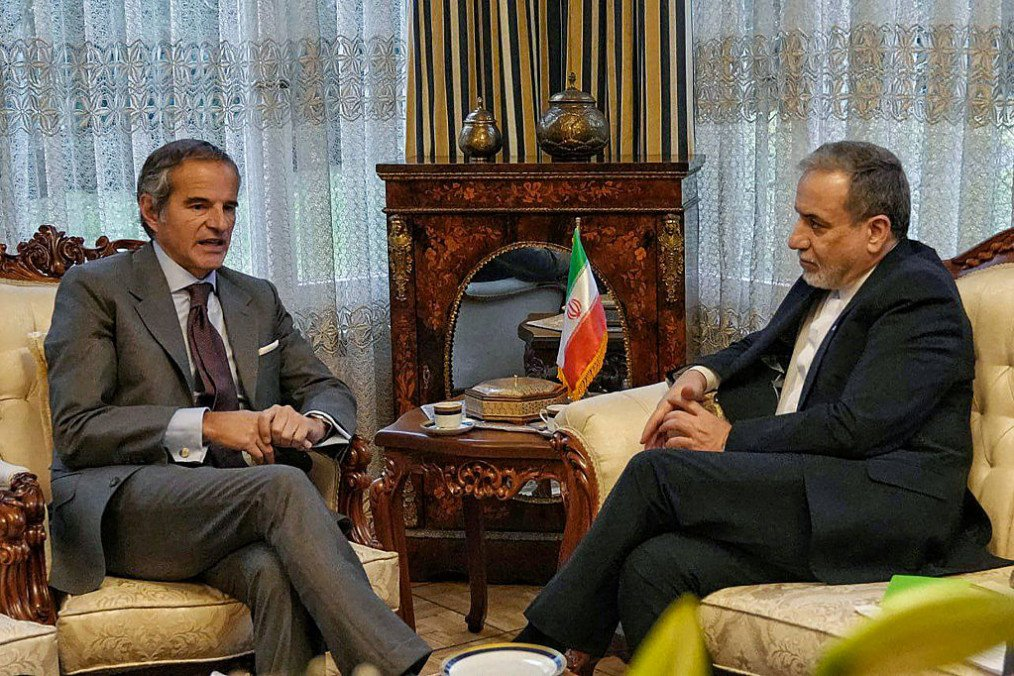
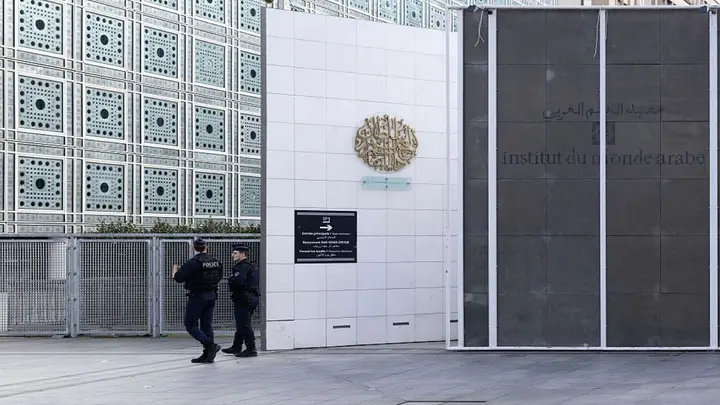
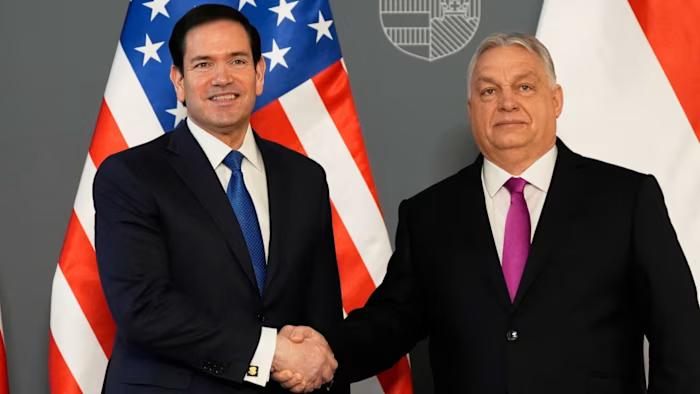

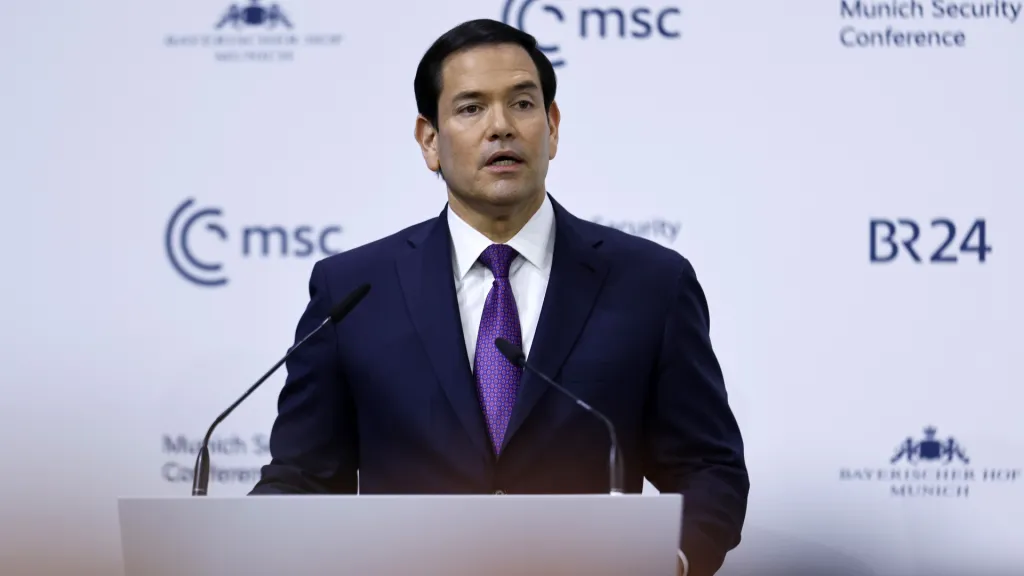
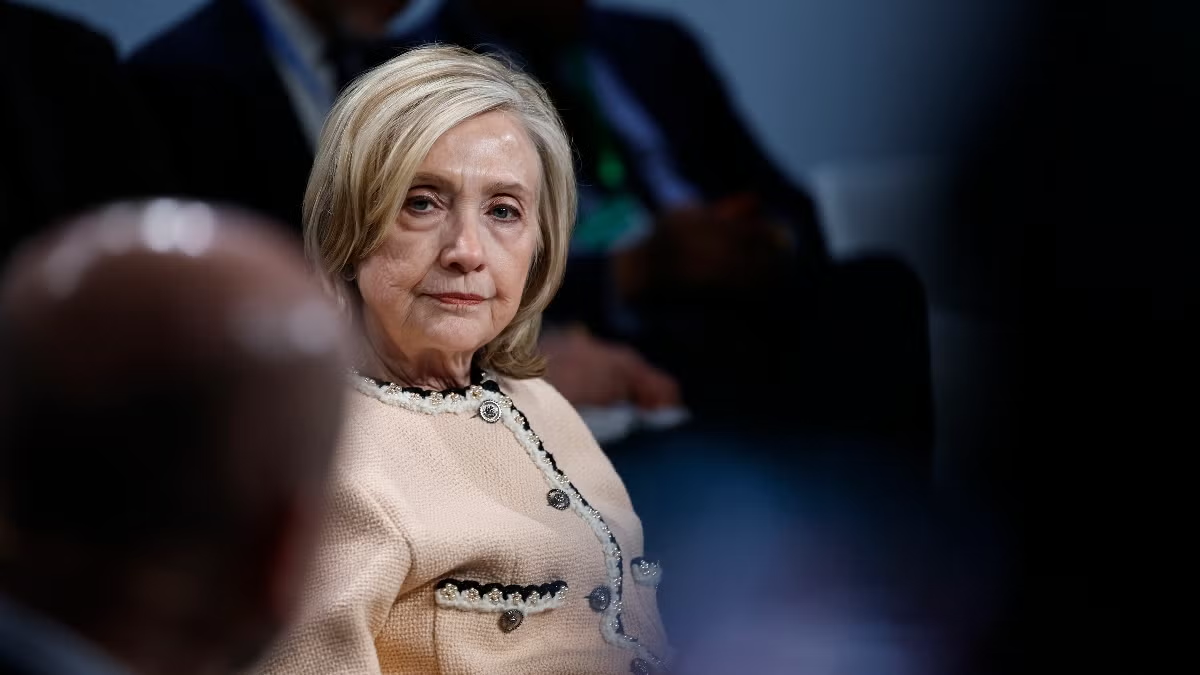

Discussion